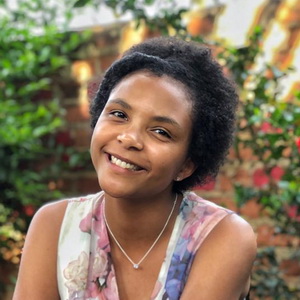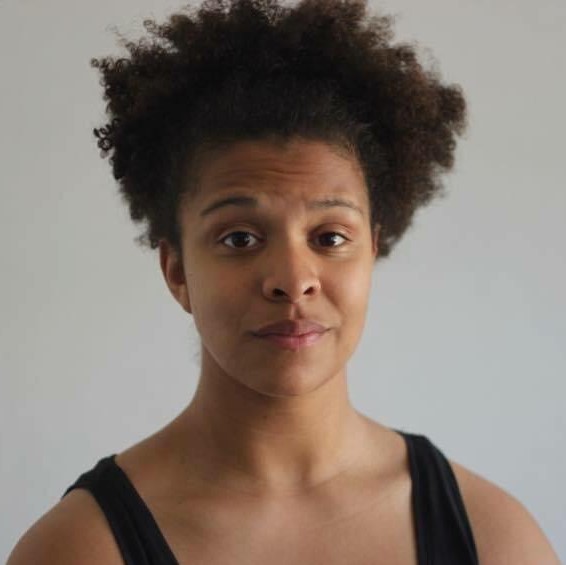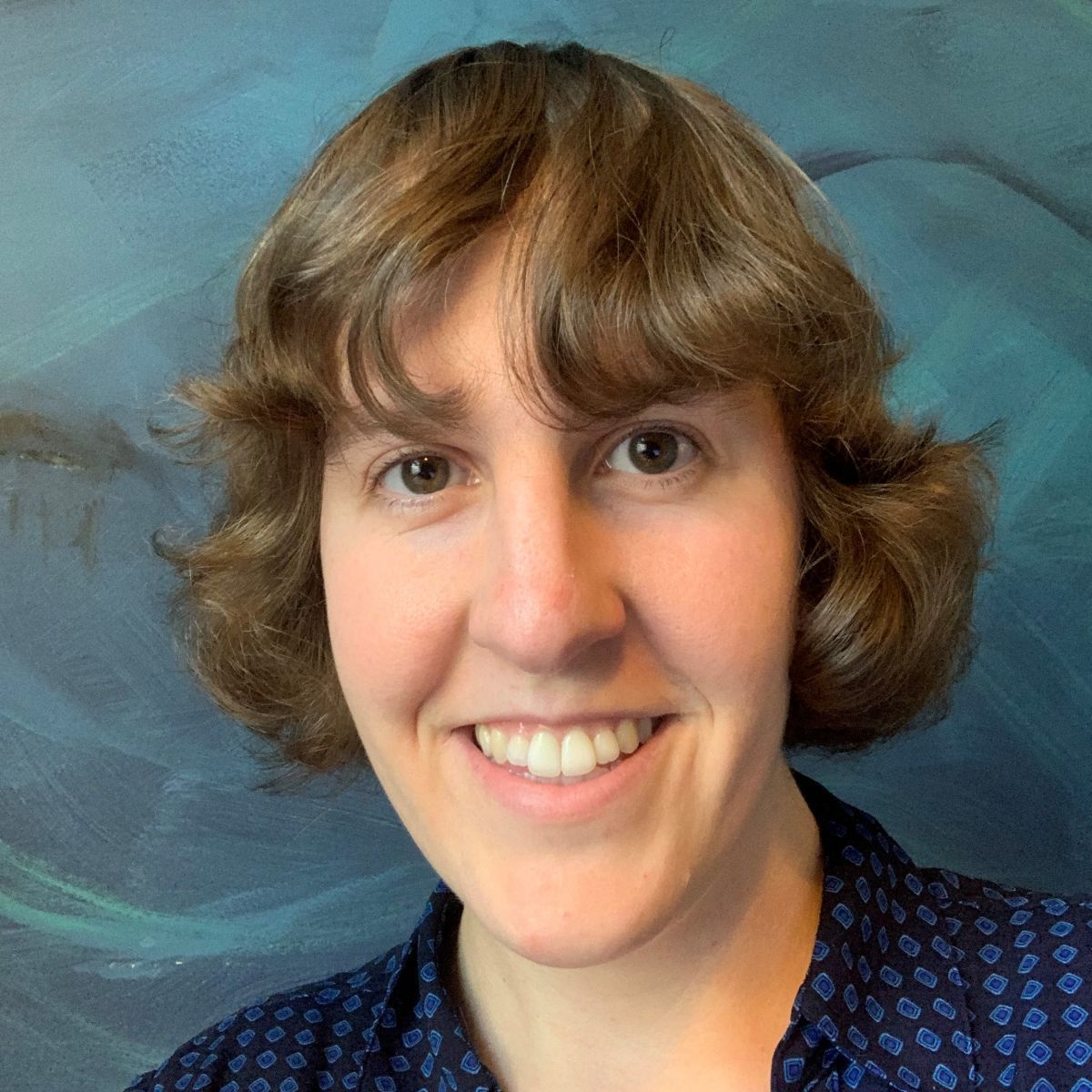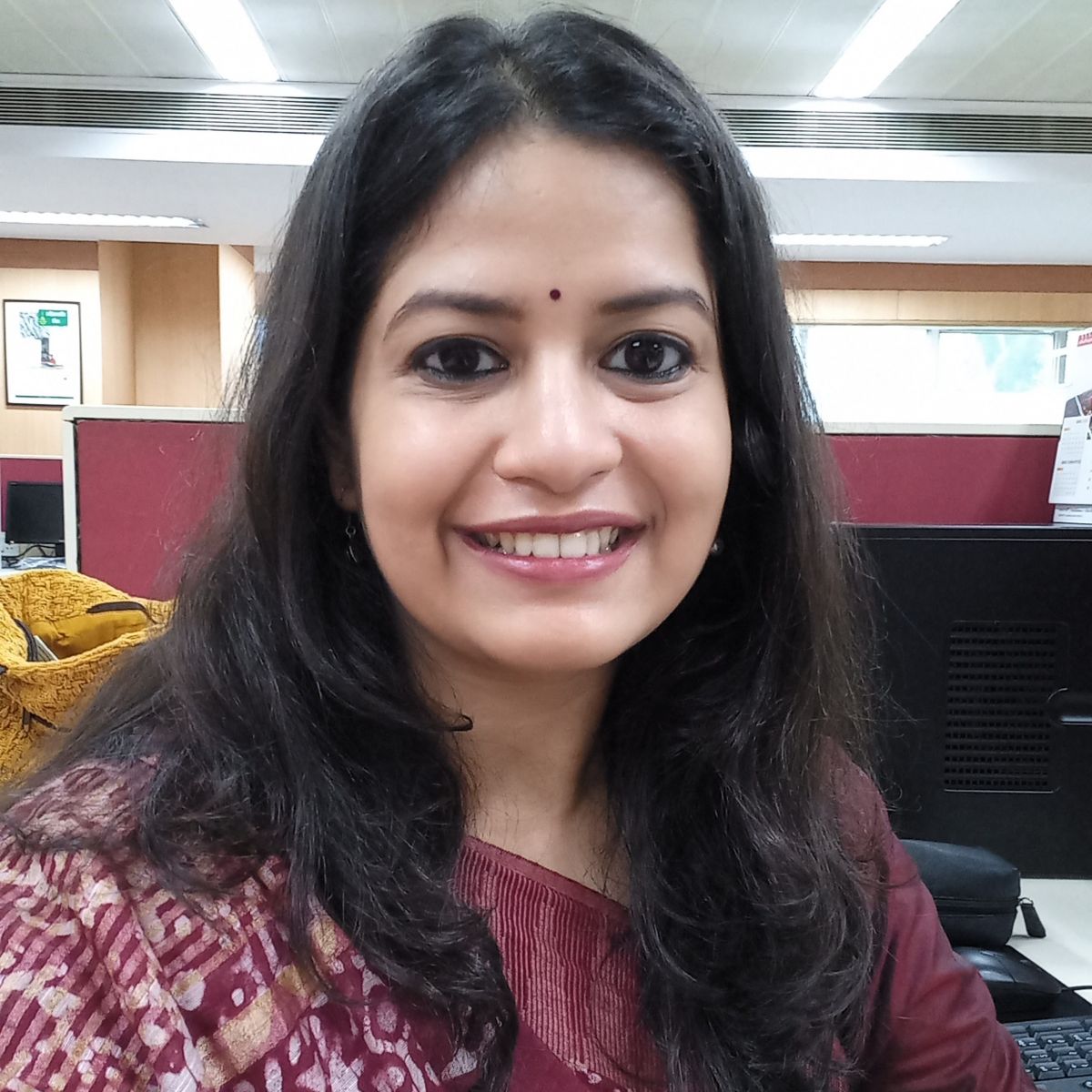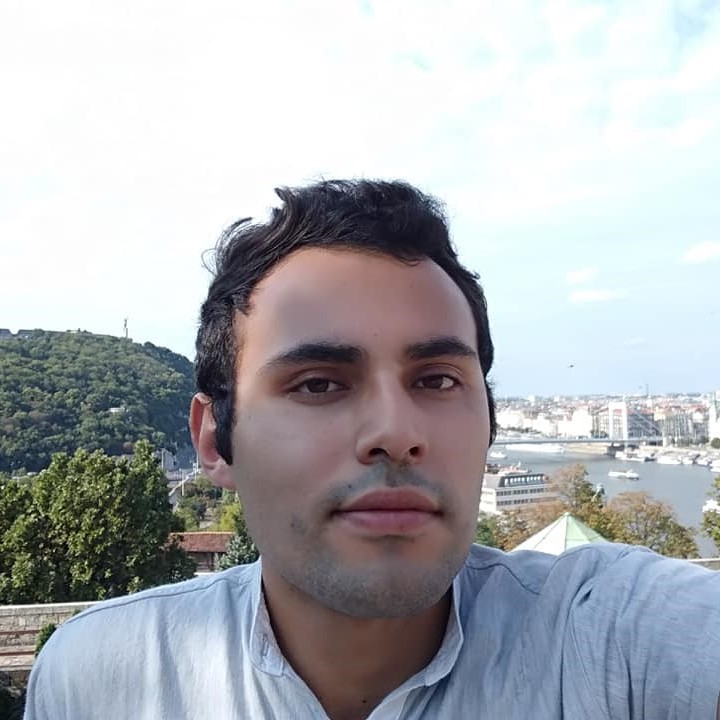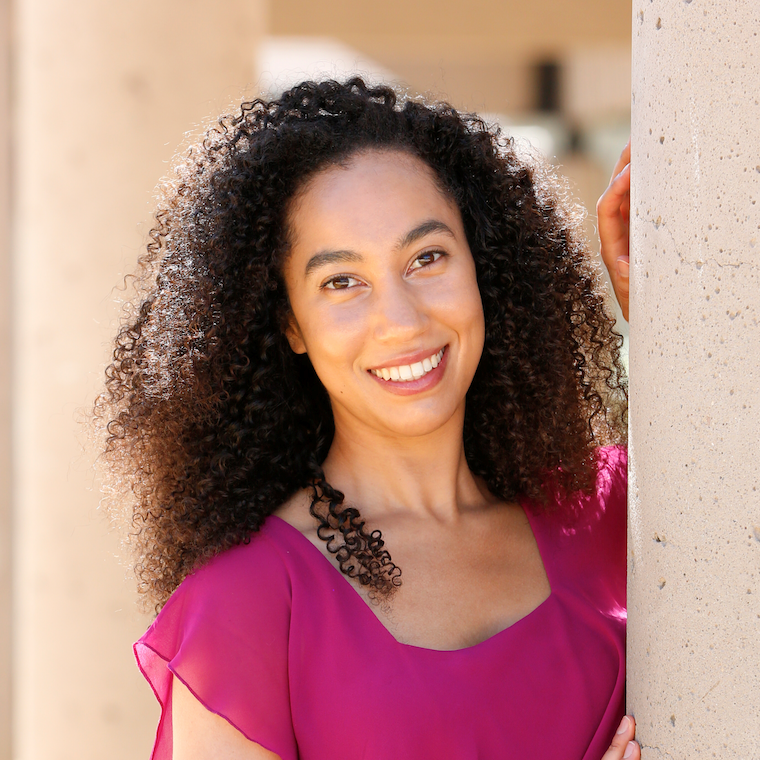L’aria Inquinata di Kampala in Uganda
Se non si agisce concretamente e urgentemente, la capitale della Perla d’Africa potrebbe diventare un luogo inabitabile nel giro di in una decina d’anni a questa parte.
Uganda, Eastern Africa
Story by Anna Adima. Translated by Sati Nunziati
Published on May 2, 2020.
This story is also available in 








Come molte delle persone che vivono e vengono a vivere nella mia città, Kampala, in Uganda (dove attualmente mi trovo per il mio dottorato di ricerca) respiro giornalmente più di quello che dovrei della combinazione di polvere, fumi di scarico delle automobili e miasmi industriali che vanno a creare l’inquinamento atmosferico della città.
Kampala è la capitale dell’Uganda, e con la sua crescita annuale del 4,03%, e una popolazione pari a 1,6 milioni di abitanti, è una delle città in più rapido sviluppo al mondo. La combinazione di crescita industriale e urbanizzazione è accompagnata dall’aumento sempre maggiore di veicoli: indicativamente 50.000 veicoli, tra cui automobili, autobus, camion, motociclette e taxi, si muovono tra le strade di Kampala. Molti di questi sono vecchi, non progettati per essere a basso impatto ambientale, e che, insieme ai pericolosi rifiuti industriali, contribuiscono alla crisi di inquinamento atmosferico. Altri fattori di tossicità sono causati dalla combustione dei rifiuti e dai fumi provenienti dalle abitazione in cui vengono utilizzati fornelli alimentati a legna o carbone.
Kampala è la seconda città più inquinata d’Africa (preceduta da Kano in Nigeria): e con i suoi 2,5 MP (Materia Particolata Inquinante della grandezza di 2,5 micron, con l’impatto più pericoloso per la salute tra tutti gli inquinanti dell’aria) l’inquinamento ha raggiunto una media di 40,8µg/m³ nel 2018, superando di gran lunga il target raccomandato dall’Organizzazione Mondiale della Sanità di 10µg/m³. Tutti i giorni è possibile percepire gli effetti che l’insieme di tutti questi tipi di inquinamento hanno su Kampala. Quando mi trovo più in alto, su di una delle sette colline che circondano la città, sospesa sopra di essa, si può vedere una densa nuvola di smog, che la soffoca. Rimanere bloccati nel traffico straziante vuole dire essere esposti ai letali fumi di scarico prodotti dai veicoli che ti circondano.
Muoversi all’aperto è pericoloso: ai comuni fattori di rischio nel camminare, andare in bici o correre, come l’essere colpiti da un’auto o essere aggrediti, ora si aggiunge il rischio di respirare aria nociva (ragione per la quale ho deciso di allenarmi in casa). Non c’è da stupirsi se anche i casi di malattie respiratorie sono in aumento; in Uganda il numero di morti legati all’inquinamento atmosferico era di 13.000 nel 2017.
Le notizie locali dimostrano come ci sia una sorta di consapevolezza dei pericoli legati all’inquinamento atmosferico, a Kampala così come in tutta l’Uganda. Molte testate giornalistiche incitano all’azione, e in collaborazione con ricercatori e con la Kampala Capital City Authority, stanno facendo grandi sforzi per educare il pubblico sui veleni che respirano. Nel 2018, il Governo dell’Uganda approvò una legge che vieta l’importazione di automobili più vecchie di 15 anni, allo scopo di far ridurre l’inquinamento del Paese, e obbligando i proprietari di automobili datate a più di cinque anni precedenti all’entrata in vigore della legge, di pagare una tassa ambientale.
Ma tutto questo è abbastanza per combattere l’inquinamento dell’aria? L’andare in giro a piedi così come l’utilizzo dei mezzi pubblici in Uganda, generalmente associati alla classe operaia, sono spesso presi poco in considerazione dagli abitanti della città. I trasporti pubblici non sono sicuramente i luoghi più sicuri, o i più affidabili, e sono utilizzati maggiormente da donne, rendendole più esposte e vulnerabili a molestie e aggressioni (ed è molto triste sapere che molte donne tra le mie conoscenze abbiano dovuto averne esperienza). Quello che è richiesto è un doppio lavoro: da una parte per rendere i trasporti pubblici più sicuri, più accessibili e inclusivi per tutti quegli individui marginalizzati che sono presenti nello spazio urbano; dall’altra è necessario un lavoro per cambiare la mentalità rispetto al preconcetto diffuso che i mezzi pubblici siano riservati solamente ai meno abbienti.
Di sicuro queste sono solo piccole soluzioni ad un problema che è molto più grande. Ma se non si agisce concretamente e urgentemente, la capitale della Perla d’Africa potrebbe diventare un luogo inabitabile nel giro di in una decina d’anni a questa parte.
How does this story make you feel?
Follow-up
Do you have any questions after reading this story? Do you want to follow-up on what you've just read? Get in touch with our team to learn more! Send an email to [email protected].
Talk about this Story
Please enable cookies to view the comments powered by Disqus.
Subscribe to our Monthly Newsletter
Stay up to date with new stories on Correspondents of the World by subscribing to our monthly newsletter:
Other Stories in Italiano
Explore other Topics
Get involved
At Correspondents of the World, we want to contribute to a better understanding of one another in a world that seems to get smaller by the day - but somehow neglects to bring people closer together as well. We think that one of the most frequent reasons for misunderstanding and unnecessarily heated debates is that we don't really understand how each of us is affected differently by global issues.
Our aim is to change that with every personal story we share.
Community Worldwide
Correspondents of the World is not just this website, but also a great community of people from all over the world. While face-to-face meetings are difficult at the moment, our Facebook Community Group is THE place to be to meet other people invested in Correspondents of the World. We are currently running a series of online-tea talks to get to know each other better.











